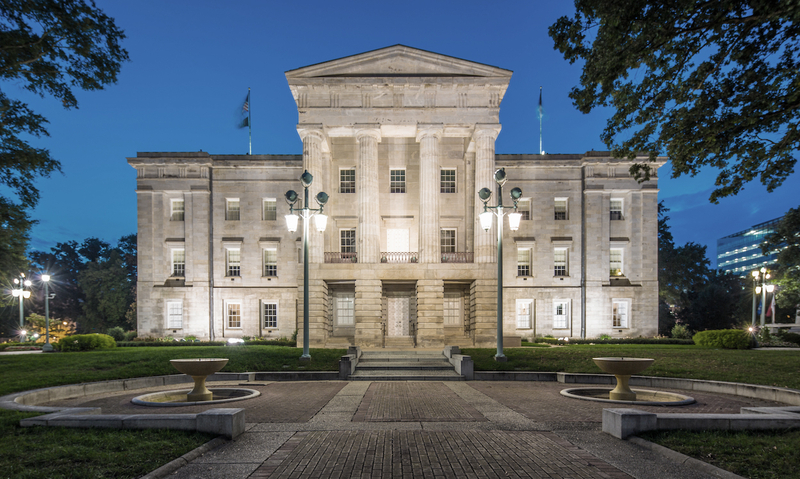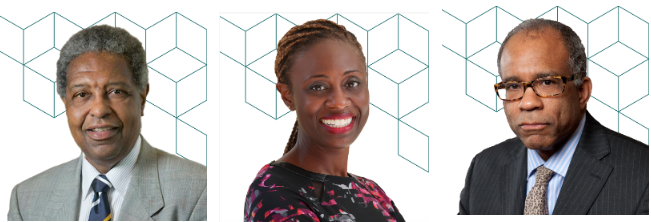Experts to discuss reparations for slavery in UNC event

Reparations to Black Americans for slavery is one of the nation’s oldest and fiercest political debates. Next week, expert scholars will debate the issue as part of UNC-Chapel Hill’s Program for Public Discourse.
The December 8 event, part of the program’s Debating Public Policy Series, will bring together Dr. William Darity, professor of Public Policy at Duke University, and Dr. Randall Kennedy, law professor at Harvard University for an online discussion moderated by Dr. Osamudia James, professor at UNC-Chapel Hill’s School of Law. Registration for the 3 p.m. event, to be held over Zoom, can be found here.
“How can the United States try to make amends for its original sin?” the UNC program asked in a statement announcing next week’s event. “What is owed to the ancestors of slaves and the inheritors of structural inequality? Which policies might best serve those endeavors?”

Kennedy teaches contracts, criminal law, and the regulation of race relations at Harvard. A South Carolina native, he went to Princeton University, Oxford University and Yale Law School and served as a law clerk for Judge J. Skelly Wright of the United States Court of Appeals and for Justice Thurgood Marshall of the United States Supreme Court.
Darity has served as chair of the Department of African and African American Studies at Duke and was the founding director of the university’s Research Network on Racial and Ethnic Inequality. He has served as director of the Institute of African American Research, director of the Moore Undergraduate Research Apprenticeship Program, director of the Undergraduate Honors Program in economics, and director of Graduate Studies at the University of North Carolina at Chapel Hill.
James joined the faculty at UNC Law last year after 13 years at the University of Miami. Her writing and teaching focus on education law, administrative law, torts and race and the law. She has written pieces for the New York Times, Washington Post and the Michigan and Minnesota Law reviews as well as articles and book chapters on law and identity in public education.
This reparations discussion comes during a period of racial reckoning at UNC-Chapel Hill itself. In 2020, the UNC-Chapel Hill board of trustees lifted a self-imposed moratorium on the renaming of buildings and historic places on campus, setting the stage to remove the names of Confederate and white supremacist historic figures from places of honor. Last year, the school began the process of renaming the buildings with an open call for suggestions and a commitment from university leaders to face the institution’s racial history.
Last year, the UNC-Chapel Hill Board of Trustees’ refusal to vote on tenure for acclaimed journalist Nikole Hannah-Jones further surfaced concerns about race and representation on campus. Public pressure forced a vote and though the board offered Hannah-Jones a tenured position, she instead went to Howard University to create the new Center for Journalism and Democracy. Earlier this year, UNC-Chapel Hill reached a settlement with Hannah-Jones, avoiding a lawsuit.
Black student groups have demanded the university prioritize the hiring of Black faculty and require departments to publicly report their faculty’s demographic makeup, as well as any formal allegations of racist practices. Those demands came after a wave of prominent Black faculty members announced their departure from the university and others the university courted announced they would not take positions there.
At the end of October, the U.S. Supreme Court agreed to decide a case over race-conscious admissions programs at UNC-Chapel Hill and Harvard. Though the nation’s highest court has repeatedly upheld such programs in the past, its new conservative majority has led to speculation the case could spell the effective end of affirmative action in higher education admissions.
Those programs, and other forms of race-based affirmative action, are often key parts of debates over reparations in America. They are likely to be part of next week’s discussion.








